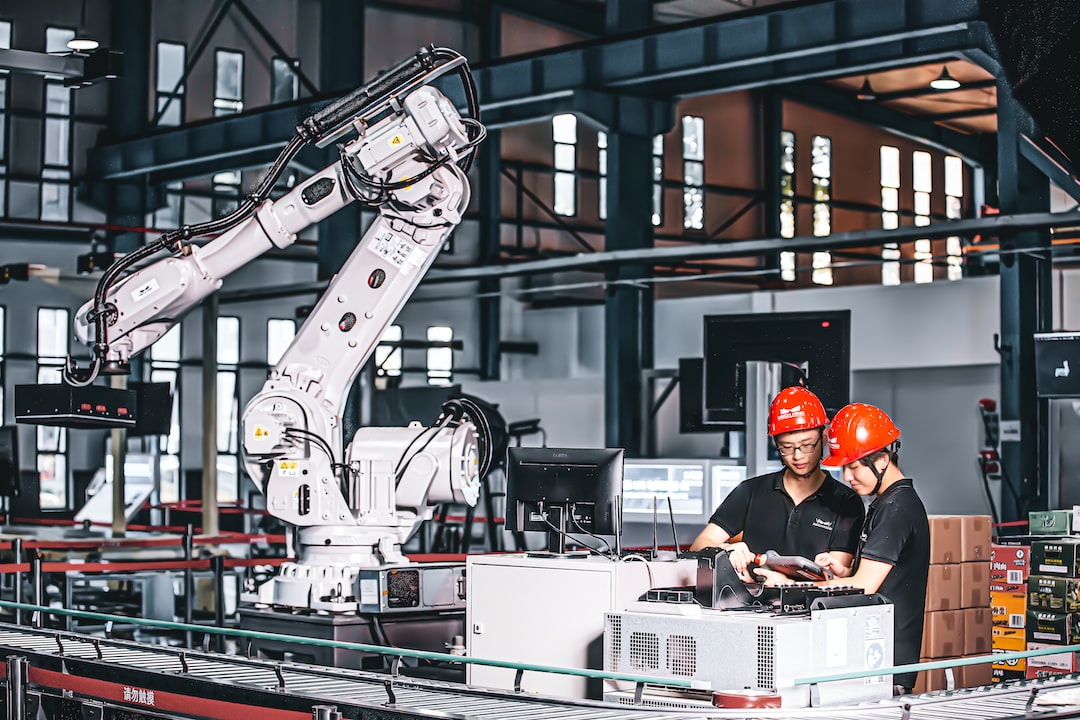The Benefits of Lean Manufacturing: Streamlining Operations for Efficiency
In today’s highly competitive business environment, efficiency is the key to success. Companies strive to optimize their operations in order to reduce costs, increase productivity, and improve customer satisfaction. One effective strategy that has emerged in recent years is lean manufacturing. By applying lean principles, businesses can streamline their operations, eliminate waste, and achieve higher levels of efficiency. In this blog post, we will explore the benefits of lean manufacturing and how it can help companies succeed in the modern marketplace.
Lean manufacturing, also known as lean production or just-in-time manufacturing, is a systematic approach that aims to eliminate waste and improve productivity. It originated in the automotive industry but has since been adopted by companies in various sectors, including manufacturing, healthcare, and services.
One of the primary benefits of lean manufacturing is improved efficiency. By eliminating waste, companies can optimize their processes and reduce the time and resources required to complete a task. This results in shorter lead times, increased throughput, and higher productivity. For example, by implementing lean principles, a manufacturer can significantly reduce the time it takes to deliver a product to the customer, ultimately improving customer satisfaction and loyalty.
Another benefit of lean manufacturing is cost reduction. By eliminating waste, companies can reduce unnecessary expenses, such as excess inventory, overproduction, and transportation costs. These cost savings can be reinvested into the business or passed on to customers, making the company more competitive in the market. Lean manufacturing also enables companies to identify and eliminate non-value-added activities, which can result in significant long-term cost savings.
Additionally, lean manufacturing promotes quality improvement. By focusing on eliminating defects and errors, companies can produce higher-quality products that meet customer expectations. The implementation of lean principles, such as standardized work instructions and error-proofing techniques, reduces the likelihood of defects and allows companies to identify and correct problems early on. This not only improves customer satisfaction but also reduces rework and warranty costs, resulting in improved profitability.
Lean manufacturing also fosters a culture of continuous improvement. By encouraging employees to identify and eliminate waste, companies can create a more engaged and empowered workforce. Employee involvement in lean initiatives leads to increased productivity, better problem-solving, and enhanced innovation. This culture of continuous improvement allows companies to stay ahead of their competitors and adapt to changing market conditions.
Moreover, lean manufacturing promotes sustainability and environmental responsibility. By reducing waste and optimizing resources, companies can minimize their impact on the environment. Lean principles, such as waste reduction, energy management, and recycling, contribute to the conservation of resources and the reduction of pollution. This not only benefits the environment but also enhances the company’s reputation and attracts environmentally-conscious customers.
In conclusion, lean manufacturing offers numerous benefits for companies striving to streamline their operations and improve efficiency. By eliminating waste, reducing costs, improving quality, fostering a culture of continuous improvement, and promoting sustainability, businesses can gain a competitive edge in the marketplace. The application of lean principles not only enhances operational performance but also enhances customer satisfaction, profitability, and employee engagement. Whether in manufacturing, healthcare, or services, lean manufacturing is a powerful strategy that can help companies thrive in today’s fast-paced business environment.
